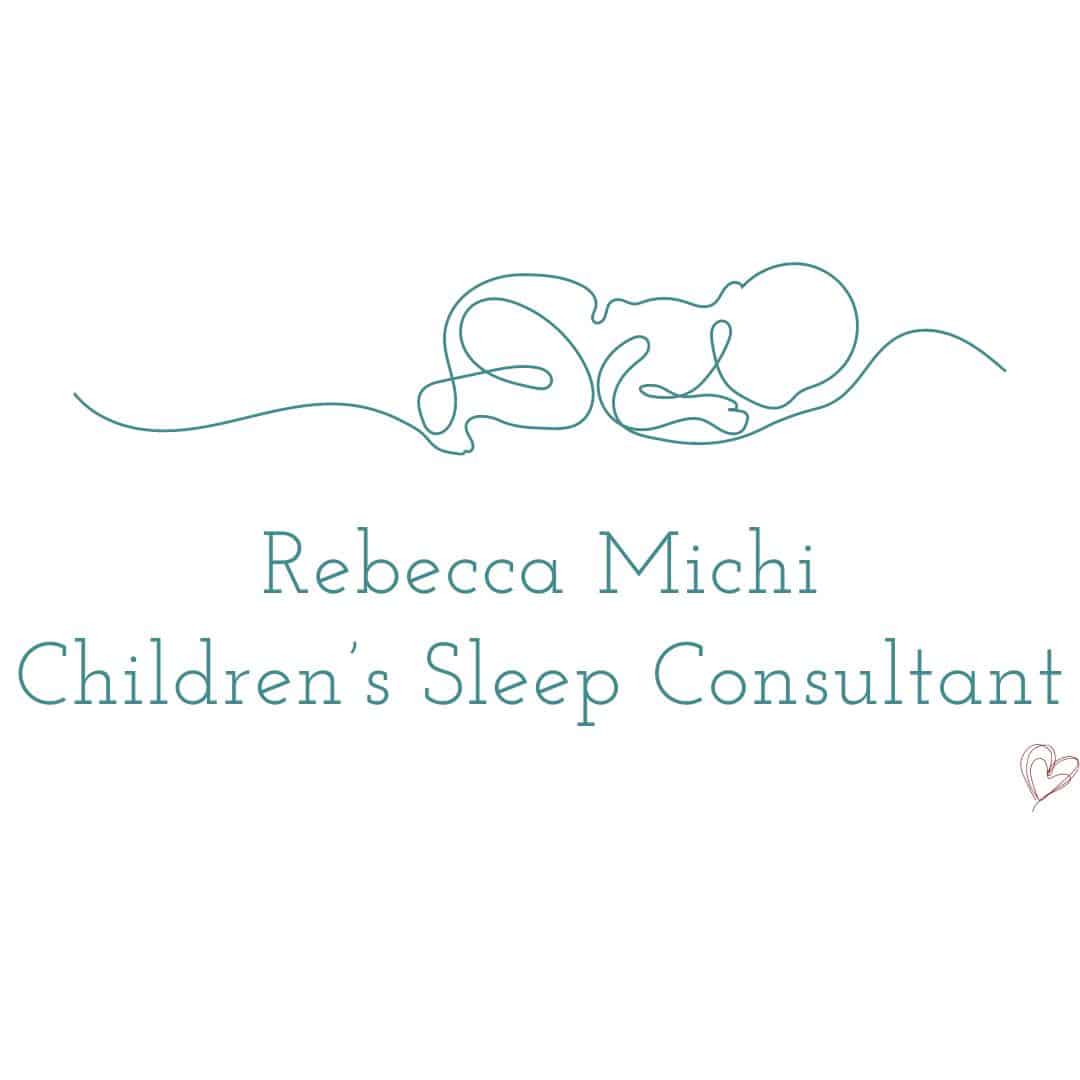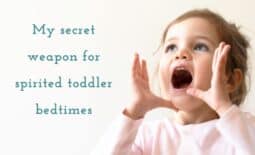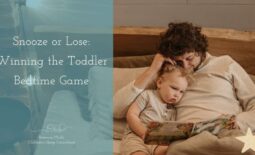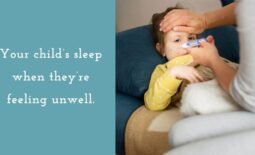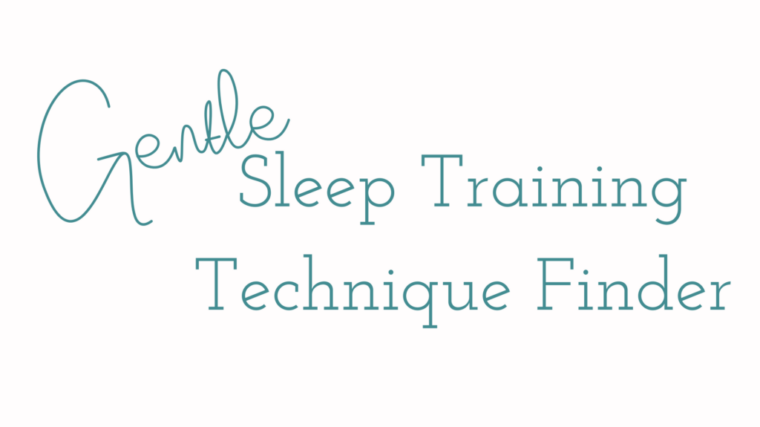Dealing with separation anxiety
Our babies need us. We provide warmth, food, love, and care. We are there for them 24/7 in the early weeks if we can be, and we are their world in so many ways. But as they grow older, needs change, lives evolve, and babies grow. We go back to work, we regain a little of our previous lifestyles, and we start to encourage independence for our little ones. All of this is perfectly natural and a normal part of raising children. As parents, we are entitled to some time to ourselves- and it only benefits our children if we recognise this. But it’s not always straightforward, unfortunately. Some babies experience separation anxiety- a fear of being away from parents- and this can be hard to deal with- although not impossible. Here are some tips to help your child and make dealing with separation anxiety as easy as possible.
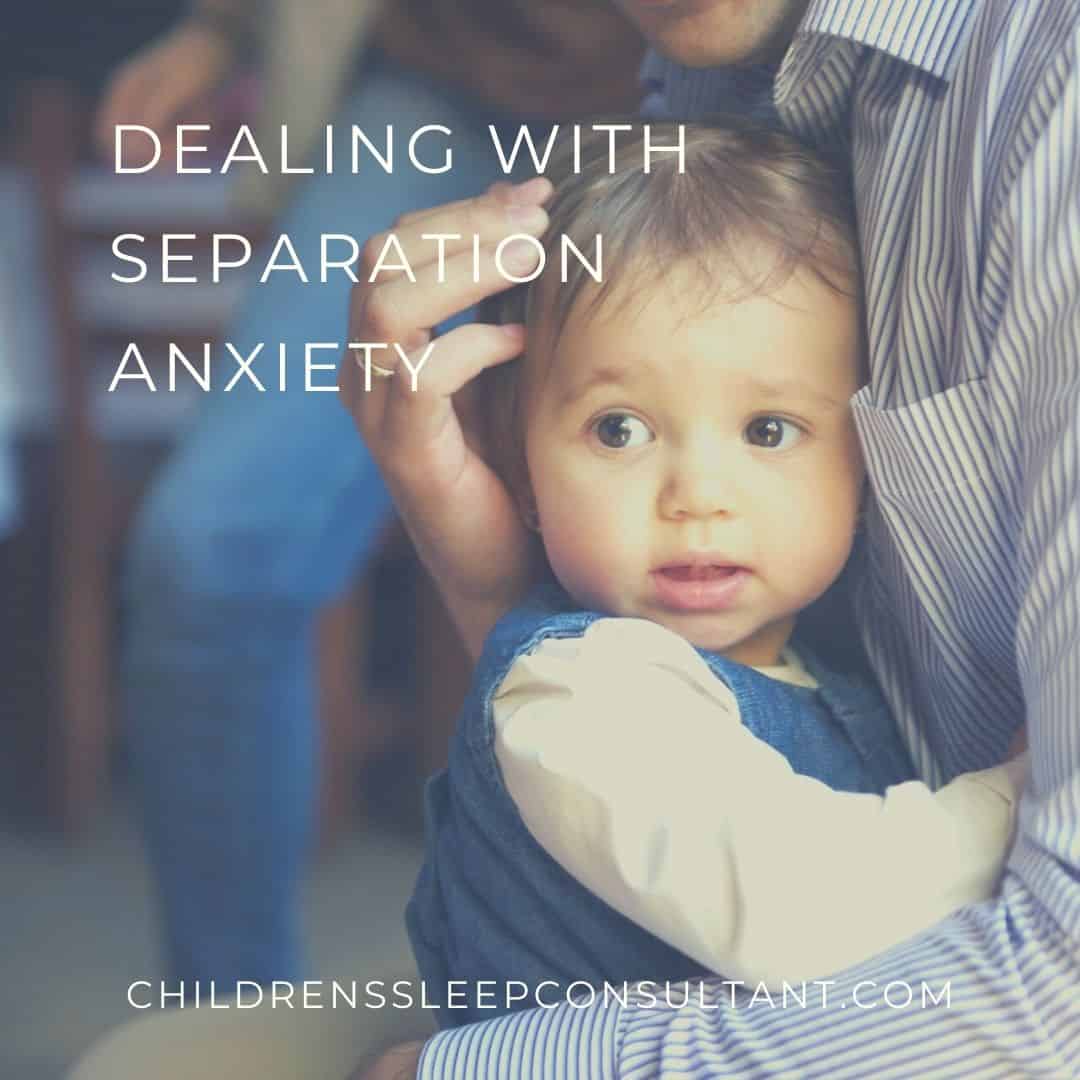
When does separation anxiety occur?
There is no set age for separation anxiety, and as all babies and children are different, there really is no way to predict it. Typically, signs of it can start at around six or seven months of age (this is when babies start to realise that they are individual from you), but more intense signs are usually common around 16 to 18 months.
Do all babies experience separation anxiety?
To some extent, the answer to this is yes. It’s completely normal for your baby to feel some degree of upset at being left alone without you, and this is only a normal part of emotional development.
Be prepared
As already mentioned, there is no set age limit for separation anxiety and no predicting it either. Even babies that have seemed so confident and independent can experience feelings of anxiety when you leave them, and often it can start out of nowhere. One minute your child waves happily from the window, and the next, they need to be peeled from your side. But there are signs you can look out for:
- Your baby may cry when you leave the room.
- Baby becomes distressed when they are in a different room.
- Baby will cling to you when you try to leave.
All of this is normal! And the good news is that there are steps you can take to make it easier all round- plus, as with many stages in your little one’s development, this truly will not last forever.
Tips for dealing with separation anxiety
Younger babies from the age of six months or so can experience separation anxiety in a variety of situations- perhaps when you leave the room or go out to work. If you are leaving your baby in the care of someone else, always take a moment to say goodbye and let her watch you leave. This helps baby understand and process the fact that you’ve gone- so no sneaking away in the hope that you won’t upset her! Each time you do this and return to your baby, you let her know that you can be trusted to return.
When your baby gets a little older, her confidence and social skills start to develop, and although she may still become upset when you leave her, she will start to recognise that you are coming back. Always be consistent with saying goodbye and explaining where you’re going- even if it’s just into the next room.
Try to minimise situations where you need to be separated from your baby as much as you can. Obviously, if you need to go to work, then you must go. But you can also take steps to spend as much quality time as possible with your baby. This doesn’t mean you should cancel all of your plans, though!
Give your baby time to get to know the people who will be caring for her while you’re away. You can’t expect her to settle in with a new carer straight away when all she knows is you. Most babies will need time to get to know the people they will be spending time with, and some will take longer than others to feel comfortable.
Don’t let your own emotions upset your baby. Often we forget that leaving our little ones with someone else is just as hard for us! But if you do feel teary, don’t let your baby know. Keep your voice light and a smile on your face so that your own anxieties are not transferred onto your baby.
Don’t look back. Not literally, of course. It’s ok to wave as you leave, but don’t go back to your baby if she is upset. This is only prolonging the misery all round.
Nighttime separation anxiety
Some babies feel anxious when they are alone in bed at night, which can often be the cause of disrupted sleep. It’s important to make sure that the hours directly before bedtime are as relaxed and calm as possible- and do spend as much time as you can with baby. This helps to make them feel loved and secure and less likely to be upset at bedtime. Don’t be afraid to spend a little longer talking softly to baby or just having a cuddle before bed. If baby cries after you leave the room, do go back to reassure her and if necessary, practise your sleep training methods with consistency and patience.
Separation anxiety is a stage that all babies go through at some point and to some extent, but it is a stage that will pass. Lean on friends and family, and don’t be afraid to ask for help if you need it.
